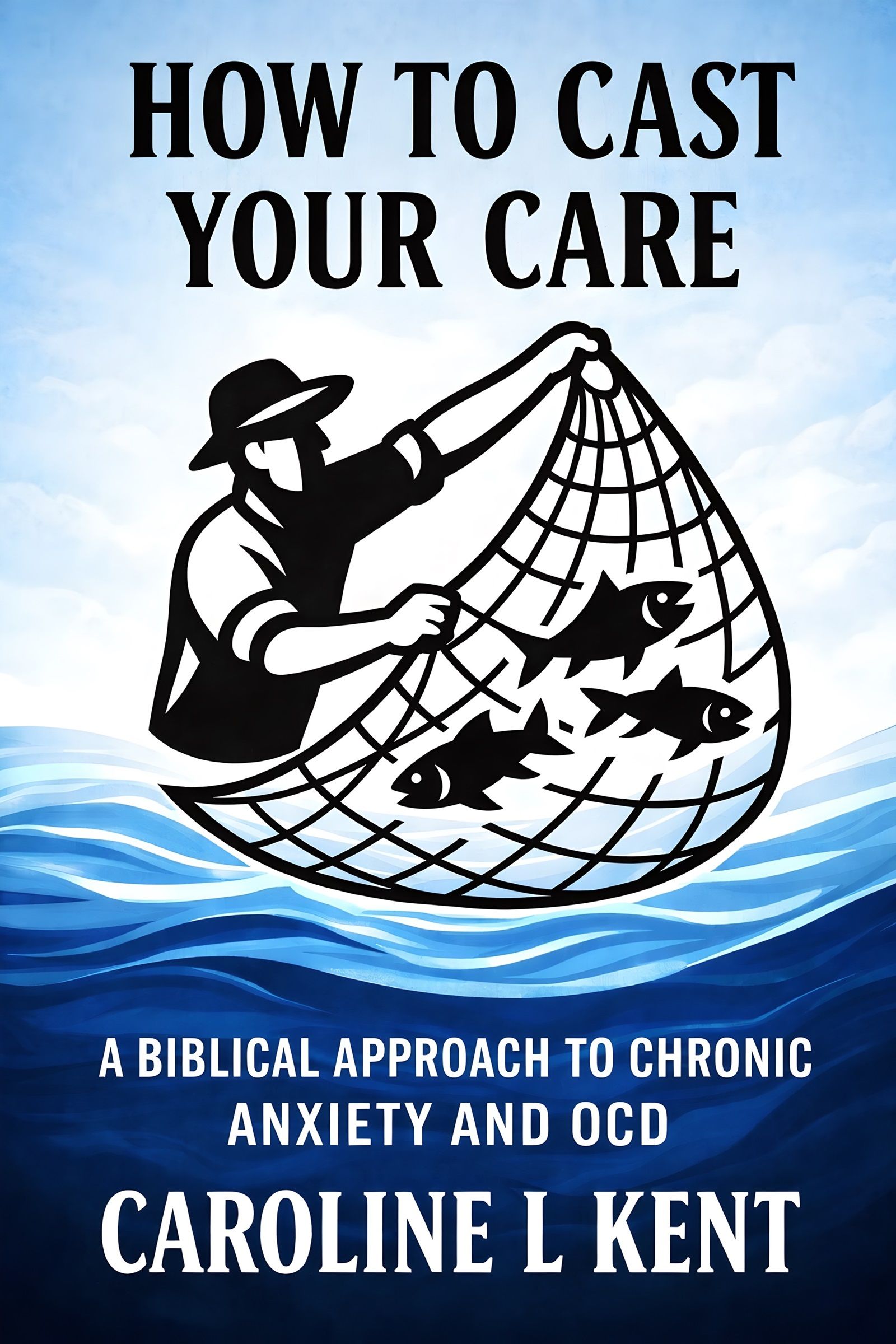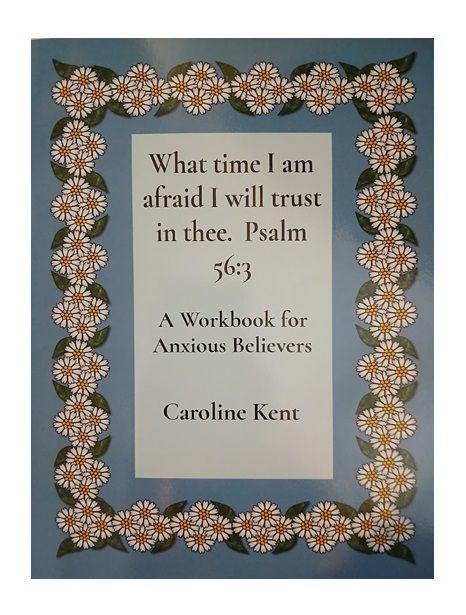Despair
Introduction
Despair is the dark conclusion that there is no hope of mercy, no forgiveness left, and no way of escape. Richard Baxter calls it one of Satan’s most destructive weapons, for by driving the soul into hopelessness, he cuts off prayer, weakens resistance, and leads some to abandon faith altogether. Unlike melancholy, which clouds judgment through bodily weakness, despair is a spiritual sin against hope. Yet Baxter also recognised that despair often comes not from wilful rebellion but from misapprehension — when wounded consciences or troubled imaginations misread God’s dealings. He urges tender handling of the despairing soul, directing them again and again to the sufficiency of Christ.
Scripture Focus
“Why art thou cast down, O my soul? and why art thou disquieted within me? hope thou in God: for I shall yet praise him, who is the health of my countenance, and my God.” (Psalm 42:11, KJV)
“Let the wicked forsake his way, and the unrighteous man his thoughts: and let him return unto the Lord, and he will have mercy upon him; and to our God, for he will abundantly pardon.” (Isaiah 55:7, KJV)
“Him that cometh to me I will in no wise cast out.” (John 6:37, KJV)
List of Relevant Scriptures
- Psalm 130:3–4 – If God marked iniquities, who could stand? But there is forgiveness.
- Lamentations 3:21–23 – “This I recall to mind, therefore have I hope… great is thy faithfulness.”
- Matthew 12:20 – Christ will not break the bruised reed.
- Luke 15:17–24 – The prodigal son received with joy.
- 2 Corinthians 7:10 – Godly sorrow works repentance unto salvation, not despair.
- Hebrews 6:18–19 – We have hope as an anchor for the soul.
- 1 John 1:9 – If we confess our sins, He is faithful and just to forgive.
Overview of the Biblical Teaching on This Issue
The Bible clearly distinguishes between conviction and condemnation. Satan would have us believe our sin is greater than God’s mercy; but the gospel declares Christ’s blood is sufficient for the chief of sinners. Scripture shows that despair is never warranted where Christ is offered: “Where sin abounded, grace did much more abound.” God calls His people to repentance and faith, never to hopelessness. Even the worst backsliders — David, Peter, the thief on the cross — found mercy when they returned. Thus despair is both a lie of the enemy and a refusal to believe God’s promises.
Pastoral Guidance
Baxter’s Counsel:
- Understand the roots of despair: Baxter noted that despair often springs from ignorance of the gospel, over-scrupulous conscience, or long indulgence in sin that has seared hope. The remedy must fit the cause.
- Do not leave the despairing alone: “Melancholy and despair grow in solitude.” He urged sufferers to seek godly company, faithful ministers, and Christian friends to speak the promises of God when they cannot believe them for themselves.
- Emphasise Christ’s readiness to receive: Baxter repeats the plain words of Scripture — “Him that cometh to me I will in no wise cast out.” No case is too desperate while Christ lives to intercede.
- Draw a difference between temptation and consent: To feel forsaken or unworthy is not the same as truly being rejected by God. Many of God’s children have walked in darkness and yet were beloved.
- Encourage small steps of faith: He counsels the despairing not to wait until they feel assurance but to act on the little faith they have — to pray, to hear the Word, to seek Christ, even while fearing rejection.
- Remember God’s sovereignty: Baxter comforts the afflicted with the truth that their salvation does not depend on the strength of their grasp but on the strength of Christ’s hold: “It is not the strength of your hand that keepeth you from falling, but the strength of His everlasting arms.”
Further Reading
- Richard Baxter, A Christian Directory, Part I, ch. viii (“Directions against Despair and Distrust of God’s Grace”).
- Richard Sibbes, The Bruised Reed (classic Puritan comfort for the despairing).
- Thomas Brooks, Heaven on Earth (on assurance).
- John Flavel, The Fountain of Life (on Christ’s sufficiency).
- Jeremiah Burroughs, Gospel Remission (on the freeness of pardon).





